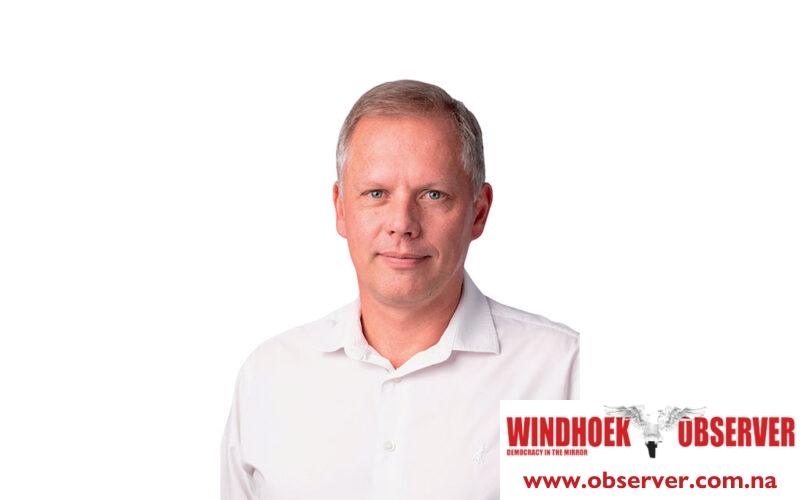Jacques Taylor
Doing business in Africa is challenging for any company in any industry sector, but with 40 years of experience in the field, TATA has established itself as a company that is both commercially successful and relevant to the diverse demographic and geographical communities in which it operates across the continent.
During the period of its operations in Africa, TATA has observed and experienced vast changes: greater economic prosperity for more Africans, the evolution of the African Union, the establishment of a pan-African parliament and the push for a single currency, the forging of closer regional trade ties including the African Continental Free Trade Area (AfCTA), and the rise and fall of democracies.
With all its complexities, Africa is, however, ultimately defined by its resilience in the face of strong historical, social and economic headwinds.
When TATA entered the African market almost half a century ago, there were no blueprints on how to manage and operate an automotive business. With nothing on which to model itself, the company created its own blueprints, establishing best practices and learning along the way, eventually becoming what it is today – a one-stop shop solution provider moving people – from private cars to small passenger vehicles for scholar transport, larger buses for mass transit taking people to and from work, to luxury liners that take people across borders, also moving essential commodities and services including transporting water to small remote villages which are not connected to main water systems.
TATA is facilitating trade on the continent, moving goods and stock from manufacturing and production centres to retail and other outlets, supporting mining activities on sites across Africa and in the agricultural sector, our vehicles are driving and supporting food security.
Over the last few months since my appointment as head of TATA in Africa, I have had the opportunity to travel and observe TATA’s operations across many of the 12 countries in which we have a presence. While each country presents its own unique set of challenges, there are also many opportunities for growth and development.
As a net importer of goods, Africa is largely shielded from the chaos and uncertainty surrounding trade tariffs among countries and trading blocks in the Global North. The expansion of the digital economy is bringing more e-commerce to the continent, facilitating more cross-border trade and opening up commercial and transport corridors.
Investment in public-private partnerships and improvements to infrastructure across Africa is enabling
more mobility, of which the Maputo Development Corridor between South Africa and Mozambique is just one example. The continent’s innovative and entrepreneurial spirit is thriving, creating new businesses and jobs.
The available workforce is large, and unlike many ageing populations in other parts of the world, Africa has one of the youngest populations on the planet, all of whom are looking for better opportunities both at home and in the diaspora.
Urbanisation and the growing demand for the minerals and natural resources that are needed to drive the green economy, including lithium, cobalt and nickel that are used in batteries for electric vehicles, and which Africa has in abundance – offer some of these opportunities for people and businesses.
However, the continent’s dependence on agriculture means that many communities are vulnerable to the threat posed by climate change and extreme weather events, keeping many subsistence farmers in poverty and making the provision of food security measures in these areas imperative.
East Africa has the highest rural population at almost 70% with only 34 per cent of Southern Africans living outside urban conurbations. But business in Africa is all about reaching your customer, and having a footprint across the continent provides wider commercial solutions that move people, goods and equipment.
It is important in Africa to remain agile given the shifting economic cycles, policy and regulatory changes and infrastructure constraints. Finding ways to work with and around these external factors has been one of Tata’s guiding principles over the years.
*Jacques Taylor is the CEO of TATA Africa




